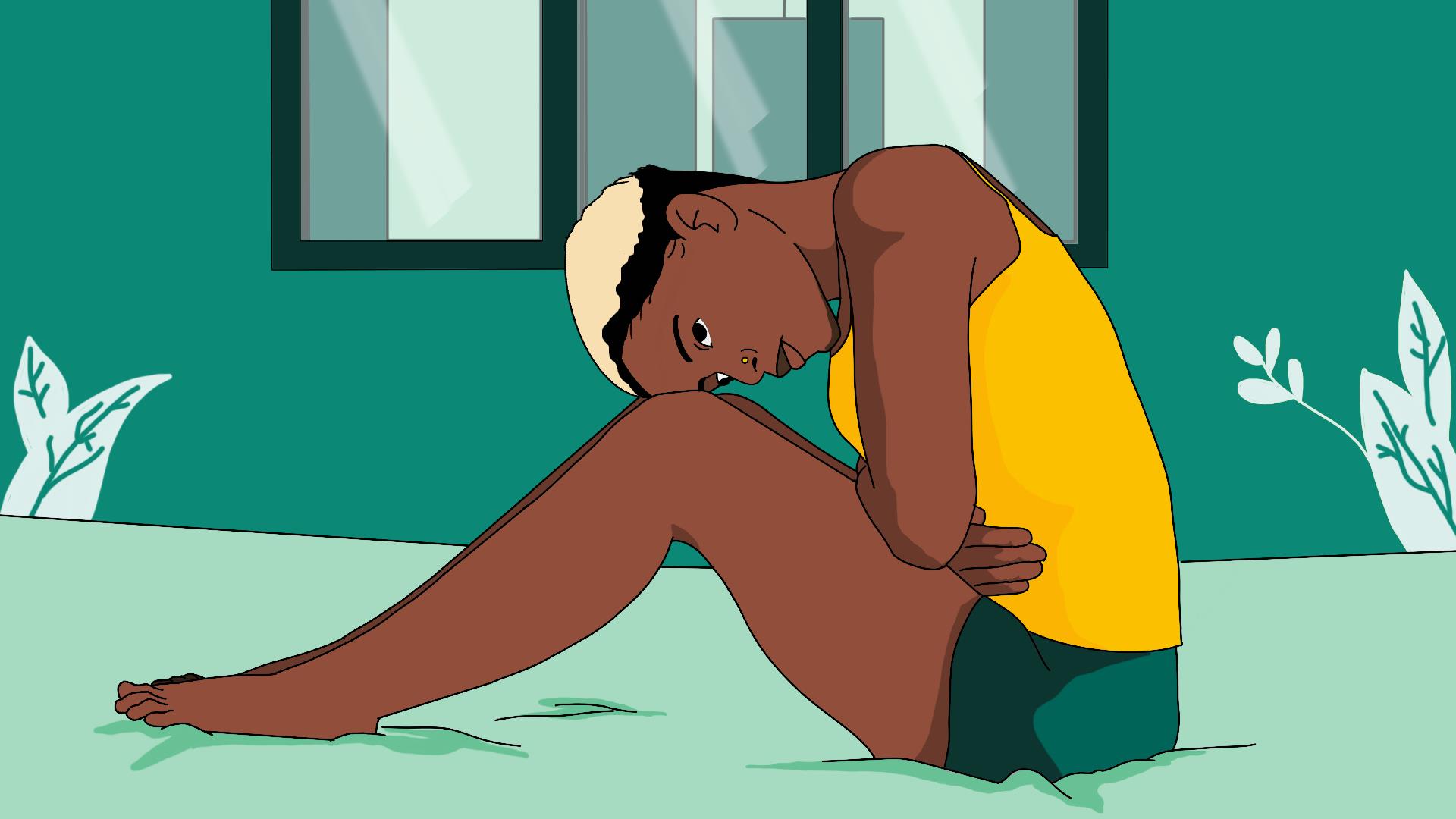🎧 Listen to: Gallstones (s)

Gallstones
What are gallstones?
Gallstones are hard deposits that form in your gallbladder, usually made of cholesterol. Your gallbladder is a small pouch that stores bile (a digestive fluid), but sometimes things go wrong, and stones form. Some people never notice them, while others feel severe pain.
How do gallstones form?
- Your gallbladder stores bile, a greenish liquid that helps digest food.
- Sometimes, substances in the bile like cholesterol harden into stones.
Signs and symptoms?
- Sharp pain in your upper right
- Fever & chills
- Yellow skin & eyes (jaundice)
- Itchy skin, nausea, diarrhoea
What causes gallstones?
- Too much cholesterol in your bile.
- Problems with your gallbladder not emptying properly.
- Certain health conditions like obesity or diabetes.
Who’s at risk?
- People who eat too much fatty food
- Those with a family history of gallstones
- Pregnant women
- People who lose weight too fast
How are gallstones diagnosed?
- Ultrasound: A machine that uses sound waves to take pictures of your stomach area and check for problems.
- Abdominal CT scan: A type of X-ray that shows clear images of your liver and stomach area.
- Gallbladder scan: A special test that helps doctors see if your gallbladder is working properly.
- Blood tests: These check the level of bilirubin in your blood and show how well your liver is working.
Prevention tips?
- Eat more fiber (think kontomire, beans, and whole grains).
- Drink plenty of water.
- Avoid too much fried and sugary foods.
- Exercise regularly to maintain a healthy weight.
Treatment?
- Some stones pass naturally, but serious cases need surgery to remove the gallbladder.
